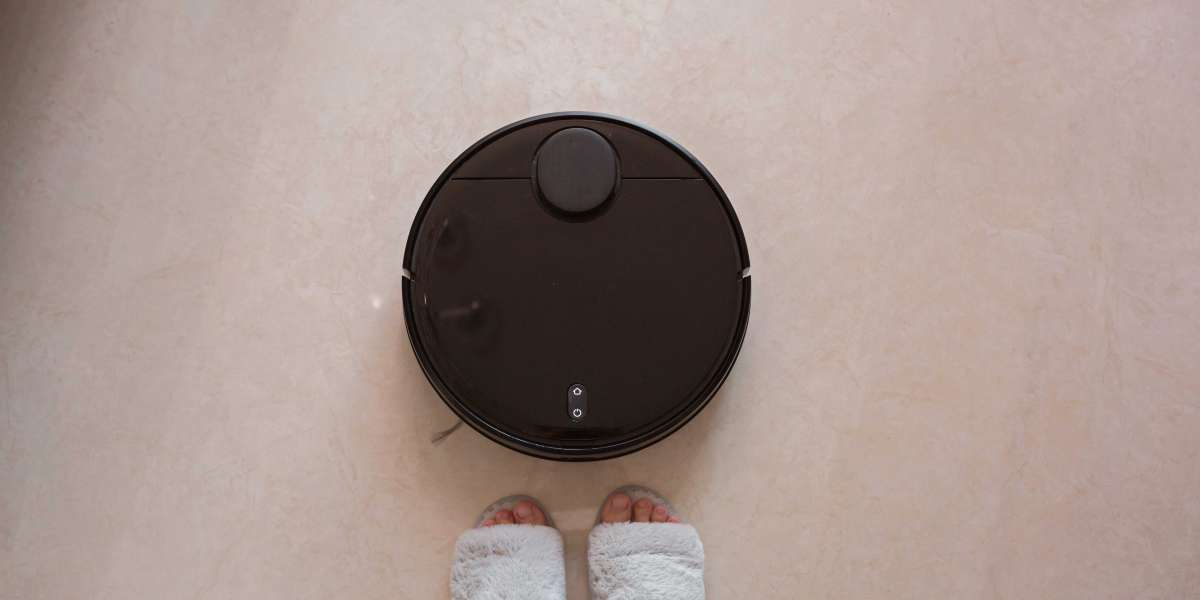Mental Health Assessment in Primary Care
Introduction
Mental health is an important part of overall health, and its assessment in medical care settings is crucial for early intervention and treatment. In the last few years, the value of incorporating mental health assessments into medical care practices has actually acquired considerable recognition. With the rise of mental health disorders and their impact on physical health, it has ended up being increasingly essential for primary care providers to be equipped to recognize, assess, and manage mental health issues.
This post checks out the significance of mental health assessment in primary care, the tools and techniques used, and the benefits of a collaborative care technique.
Significance of Mental Health Assessment in Primary Care
The integration of mental health assessment into medical care has a number of benefits:
Early Detection: Primary care settings often work as the very first point of contact for patients. Through regular assessments, medical care suppliers can detect mental health issues early, which is important for efficient treatment.
Holistic Care: Mental health is closely linked to physical health. By assessing mental health, suppliers can provide more comprehensive care that deals with both physical and psychological needs.
Increased Access to Treatment: Many people do not seek mental health care due to stigma or lack of access. Primary care service providers can bridge this space by supplying necessary screenings and recommendations.
Enhanced Outcomes: Studies show that integrated care results in much better health outcomes, as clients who get mental health support in primary care settings are more most likely to comply with treatment.
Tools and Methods for Mental Health Assessment
Mental health assessments in primary care generally include standardized screening tools and clinician assessments. Some of the typically utilized tools include:
Table 1: Common Screening Tools for Mental Health Assessment
| Screening Tool | Purpose | Administered By |
|---|---|---|
| PHQ-9 (Patient Health Questionnaire-9) | To screen for depression | Nurse/Physician |
| GAD-7 (Generalized Anxiety Disorder-7) | To screen for anxiety disorders | Nurse/Physician |
| CAGE Questionnaire | To screen for alcohol usage and reliances | Nurse/Physician |
| DASS-21 (Depression Anxiety Stress Scales) | To examine levels of depression and anxiety | Nurse/Physician |
| SCL-90 (Symptom Checklist-90) | To evaluate a series of psychological concerns | Clinician |
These tools are fairly fast to administer, frequently taking less than 10 minutes to complete. They offer important details that can assist guide further evaluation or recommendations.
Process of Mental Health Assessment in Primary Care
The mental health assessment process can be structured into a number of crucial actions:

Initial Screening: Providers should regularly screen patients using the suitable tools. This can be done during regular health check-ups or if a client presents with physical symptoms that might have psychological elements.

Assessment of Risk Factors: Identifying threat aspects such as household history, substance abuse, previous mental health issues, and psychosocial stressors is crucial in creating a comprehensive view of the patient's mental health.
Comprehensive Assessment: If the preliminary screening indicates possible mental health problems, a more in-depth assessment is necessitated. This includes an extensive clinical interview to collect information on symptoms, period, and the impact on day-to-day performance.
Recommendation and Management Plan: Depending on the findings, the medical care service provider might pick to manage the condition straight or refer the client to a mental health specialist. A collaborative care design might be beneficial, involving multidisciplinary teams interacting to develop and implement a management strategy.
Benefits of Collaborative Care in Mental Health Assessment
Collaborative care designs include a team-based method to incorporate physical and mental healthcare services. Here are some of the benefits of such an approach:
Enhanced Communication: With open lines of interaction between medical care service providers and mental health professionals, patients get cohesive and collaborated care.
Shared Decision-Making: Patients are more included in their care management, causing much better adherence to treatment plans and more beneficial outcomes.
Resource Optimization: By pooling resources and knowledge, the team can supply comprehensive care effectively.
Continual Monitoring: Regular follow-ups can be arranged, making sure that the client's mental health stays a top priority throughout their care journey.
Mental health assessment in primary care is essential for determining and handling mental health issues early and successfully. Incorporating these assessments not just boosts client outcomes but likewise promotes holistic patient care. As medical care continues to progress, the importance of mental health will certainly end up being more main, requiring ongoing training and resources for service providers. By adopting collective care designs, healthcare systems can advance their efforts in attending to the mental health crisis.
Frequently asked questions
Q1: Why is mental health assessment vital in primary care settings?
A1: Early detection of mental health issues, holistic care, improved patient outcomes, and increased access to care are essential reasons for incorporating mental health assessments into medical care.
Q2: What tools are frequently used for mental health screening?
A2: Tools like PHQ-9, GAD-7, and CAGE Questionnaire are amongst the most frequently utilized for mental health screenings in medical care settings.
Q3: How can companies guarantee effective interaction with mental health experts?
A3: By embracing collective care designs, companies can create multidisciplinary teams that motivate clear interaction and shared objectives for client management.
Q4: What role do patients play in their mental health assessment and treatment?
A4: Patients who are involved in shared decision-making concerning their treatment are most likely to comply with care strategies and experience much better health outcomes.
Q5: How often should mental health screenings be performed in primary care?
A5: Routine screenings must be carried out during routine health check-ups or whenever patients present with physical symptoms that might suggest underlying mental health issues.






